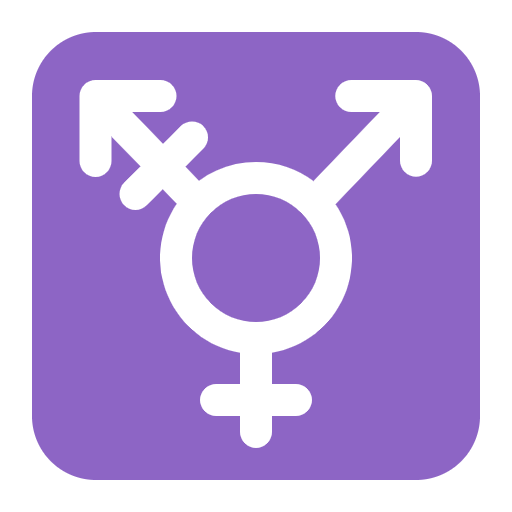Comprehensive Guide on the Name “Peyton”

Peyton
Meaning: Fighter / Gender: Neutral / Pronunciation: PAY-tun
Origin and Historical Background
The name Peyton has Old English origins and was initially an English surname before transitioning into a given name. The surname Peyton is derived from “Pœga’s town,” an Old English place name. The term “Pœga” referred to a personal name, and “tun” means `settlement` or `town`. This would translate roughly to “Pœga’s settlement” or “Paya’s town.” Over centuries, Peyton evolved as a given name, gradually transitioning into a unisex name frequently used in English-speaking countries.
Meaning and Cultural Significance
The meaning of the name Peyton is “fighter,” symbolizing strength, resilience, and courage. In various cultures, a “fighter” represents someone who defends and protects, and Peyton embodies characteristics akin to a protector or guardian. The name suggests a person full of strength and the will to champion causes, making it a meaningful choice for parents who hope their child grows up to be strong and influential.
Famous Historical Figures with the Name Peyton
1. Peyton Randolph
- Historical Era: 18th Century
- Key Contributions: Peyton Randolph was an American politician and planter who served as the first President of the Continental Congress.
- Cultural Impact: His leadership and influence during the formation of the United States highlight the attributes of guidance and strength associated with the name Peyton.
2. Peyton Manning
- Historical Era: Contemporary (late 20th and early 21st century)
- Key Contributions: Peyton Manning is a retired American football quarterback who played 18 seasons in the NFL, primarily with the Indianapolis Colts.
- Cultural Impact: Widely regarded as one of the greatest quarterbacks of all time, his name symbolizes not just athletic prowess but also leadership and resilience in sports.
Usage Over Time
The name Peyton has seen fluctuating popularity over the decades. Initially more common as a surname, its adoption as a first name began gaining traction in the late 20th century. Notably, Peyton became more popular in the early 2000s, appearing frequently in baby name charts. Its neutral appeal has made it a popular choice among parents seeking unique, strong names that break traditional gender norms.
Pronunciation Guide
The correct pronunciation of Peyton is PAY-tun. The emphasis is on the first syllable, with a long ‘a’ sound, followed by a softer ‘tun.’
Biblical Context
Peyton does not have a direct reference or meaning within Biblical texts. As an evolving English name, its significance aligns more with cultural and historical contexts rather than Biblical narratives. However, the qualities of a “fighter” or “protector” resonate with various spiritual and religious motifs of guardianship and strength that are implicitly respected in many religious contexts.
Additional Unique Information
Numerology
In numerology, the name Peyton corresponds to the number 1, which is associated with leadership, independence, and originality.
Variations
Common variations of Peyton include Payton and Paityn.
Cultural Variants
It is used similarly in several English-speaking countries, maintaining its unisex appeal.
Popularity
According to the Social Security Administration (SSA), Peyton was particularly popular in the early 2000s, regularly appearing in the top 100 names for boys and girls. Its popularity surged in 2007 and has seen consistent use but with slight fluctuations in recent years.
Tags
Peyton remains a dynamic, influential name chosen by many parents for its strong connotations and modern appeal. Its universal qualities and rich historical background make it a thoughtful choice for a child destined to be a protector and fighter.

